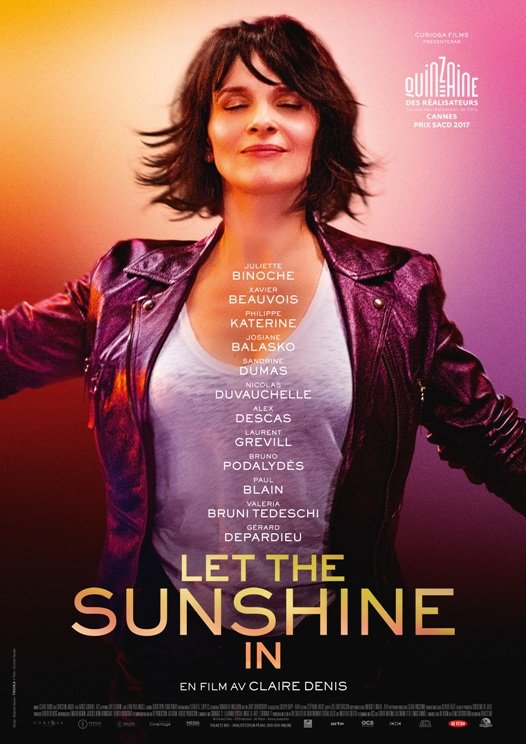Perhaps a little too on the nose for my taste but upon first watch this does feature some incredibly beguiling sections that in some ways feel totally separate from the rest of Denis' work. At points recalling the work of Cronenberg (both Crash and Scanners), the coldness and apparent sterility of the images feels strikingly distinct among her filmography. It's sorely lacking in the textural depart in my eyes, as so little of this comes across as being graspable. Even the sperm and blood don't feel real, their wetness in opposition to the almost cardboard look of the ship and the obvious flesh of its people. It's just a little to constructed feeling for my taste.
After indulging in some dalliances with bourgeois life, this returns to more typical, in a sense, class concerns for Denis. The fact that everyone aboard the vessel is a criminal of some sort, basically forced into taking part in this experiment - the lowest members of a society relegated to be rats to be tested upon. A life destined to end in silence, out in space, the mission either succeeding (and you die) or failing (and you die). In a sense, the meaninglessness of their existence gives meaning to their purpose. For as long as they are still alive, they can continue onward towards oblivion. The supposed dregs will continue, and their desire to will forever stand in opposition against the designers of this cruel experiment called life.
Formally, this feels, intentionally I would imagine, far more contained and locked off than just about everything she's made since Chocolat. Yorick Le Saux's (mostly) digital cinematography does provide a clarity to the images that lends to its ramshackled appearance. The cheapness of it all. Built to simply get one from point A to point B. The bare necessities required. The result of budgetary constraints certainly, but working to only enforce the class of its inhabitants.
As a work of genre exploration and mining, I find this far more interesting and successful. A lot of Denis' work this century has been genre-play, attempting to find her pocket within pre-establish grooves. So in working within sci-fi and prison movie conventions, I find her attempt at trying to convey class struggle and mixed family dynamics in a semi-palatable manner rather admirable.























